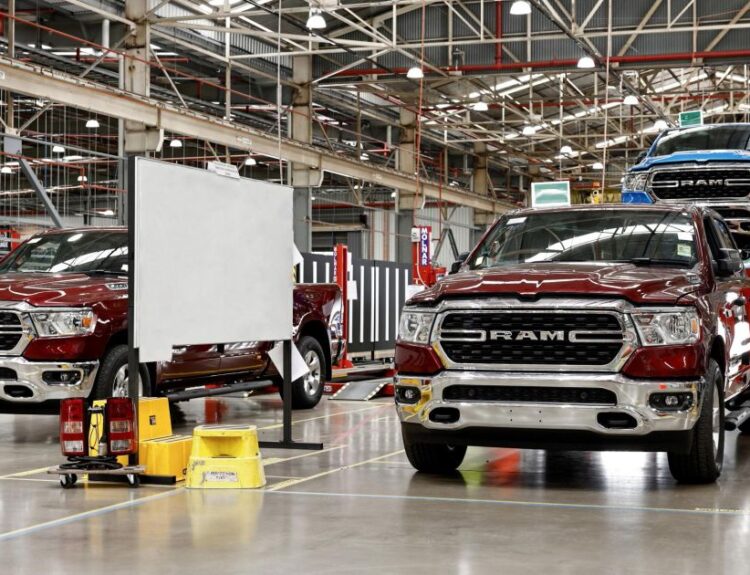Hindenburg Research Accuses Carvana of Financial Misconduct Amid Recovery Efforts
Carvana, the online car retailer, finds itself under scrutiny as Hindenburg Research, a prominent short-selling firm, levels serious allegations regarding the company’s recent fiscal resurgence. The report claims that Carvana’s recovery is precariously built upon unreliable loans, questionable accounting practices, and undisclosed transactions involving prominent figures within the company, including CEO Ernie Garcia III and his father, Ernest Garcia II, who is also the most significant shareholder.
The research indicates that Carvana may have engaged in $800 million worth of loan sales to a mysterious related party, suggesting manipulation of loan data to obscure rising delinquency rates through borrower extensions. Further complicating the narrative are previous legal troubles of the Garcia family, including allegations of orchestrating “pump-and-dump” schemes.
In response, Carvana swiftly rebuffed these allegations, labeling them “intentionally misleading and inaccurate.” The company added that similar claims had previously surfaced from other short sellers, indicating a pattern of scrutiny.
Market Response: Mixed Signals from Analysts and Investors
The market had an immediate reaction to Hindenburg’s damaging report, with Carvana’s stock plummeting approximately 11%, landing at $177 per share—its lowest price since early October. However, following a strategic announcement of a renewed partnership with Ally Financial to offload up to $4 billion in used-vehicle loans, the stock bounced back nearly 7% on Monday. This move countered Hindenburg’s assertion that Ally was distancing itself from Carvana.
Analysts are currently split on the implications of Hindenburg’s accusations. JP Morgan’s Rajat Gupta pointed to a clear need for enhanced transparency but remarked that Carvana’s earnings per unit remain uninflated. Conversely, BTIG’s Marvin Fong dismissed the report as recycling old concerns that investors have already discounted.
Navigating a Bumpy Road to Stability
Since its initial public offering in 2017, Carvana has experienced a tumultuous trajectory. After soaring to a stock price of $370 in 2021, the company was significantly affected by declines in used-vehicle prices and an escalating debt burden, culminating in a staggering $2.9 billion loss in 2022. Fears of potential insolvency by year-end sent share prices spiraling to an all-time low of $3.72. Yet, revitalizing restructuring efforts in 2023 have reestablished profitability and sparked renewed enthusiasm among investors.
Despite the current allegations and market volatility, sentiment among analysts appears cautiously optimistic, with only two of the 24 analysts covering Carvana recommending a sell.
Hindenburg Research, known for its capacity to destabilize automotive stocks, previously issued a scathing report in September 2020 against Nikola, accusing its founder of disseminating false information to forge partnerships with industry giants.
Conclusion: The Challenge of Reassurance Amid Controversy
While Hindenburg’s assertions cast a pall over Carvana’s recovery narrative, they also highlight pressing concerns regarding governance and transparency within the online used-car marketplace. For Carvana, the essential task will be to foster and retain investor trust while navigatively addressing these serious allegations, striving to prove that its recent accomplishments are not mere illusions.
Source:www.autoblog.com





